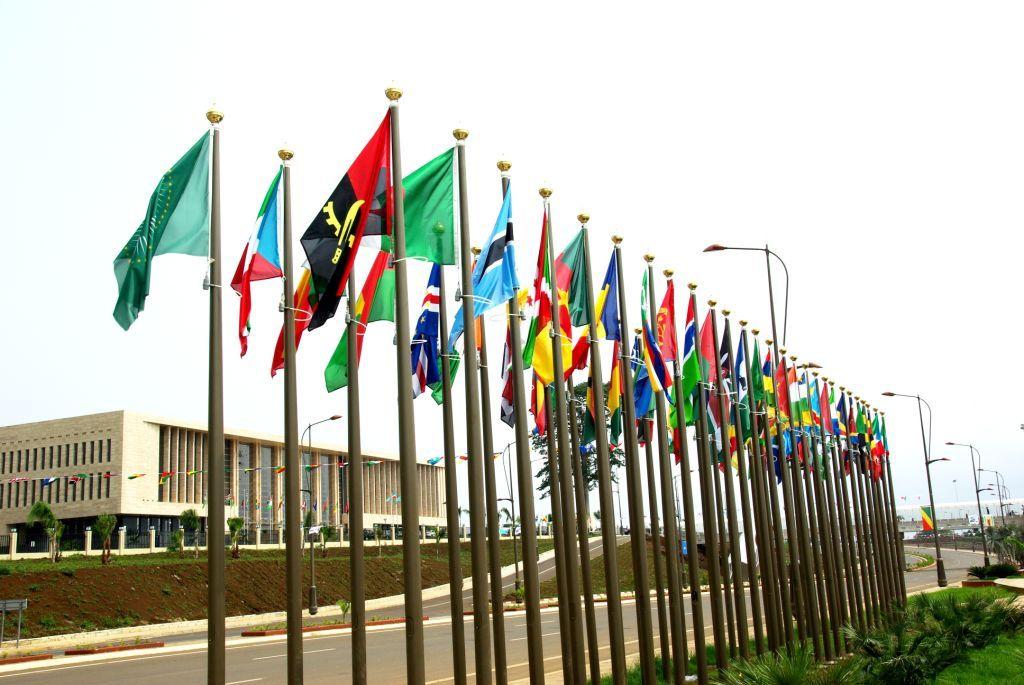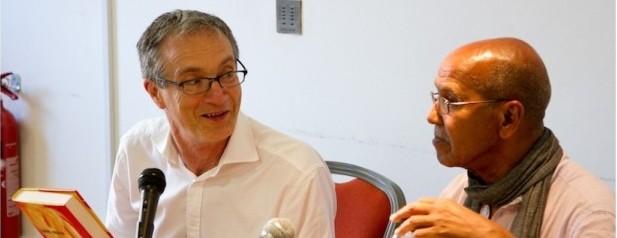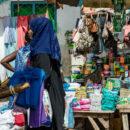How bonds aimed at the diaspora can raise crucial funds for Africa

If structured the right way and linked to clear goals, diaspora bonds have huge potential to raise much-needed development finance.

Credit: Office of Teodoro Obiang.
Nigeria’s first diaspora bond, issued in 2017, was a resounding success. It raised $300 million for investment in infrastructure from Nigerians overseas and was oversubscribed by 130%. The government is now reportedly planning a second similar offering.
As many African countries attempt to raise development finance, diaspora bonds – which resemble other kinds of bonds but are targeted at citizens abroad – are highly appealing. The African diaspora is massive and has significant accumulated wealth. Moreover, diaspora investors are typically motivated by more than simply maximising returns. They often also want to help improve the socio-economic conditions in their home countries, making them willing to accept below market returns, a phenomenon known as the “patriotic discount”.
It is for some of these reasons that the likes of India and Israel have used diaspora bonds to raise money in the past. However, their use in Africa, including in fragile and conflict-affected states, is more recent and less proven. The experience of Ethiopia is a case in point. Ethiopia’s first diaspora bond was issued in 2008, but sales fell well short of expectations. A second in 2011 also appears to be struggling, raising only a small portion of the investment required to fund the Grand Renaissance Dam project.
So what’s behind the contrasting outcomes between the likes of Nigeria and Ethiopia? And what can they tell us about diaspora bonds’ potential ability to raise capital for development across Africa?
What makes a diaspora bond successful?
There are a wide variety of factors that determine the success of a diaspora bond, but as a report by OEF Research points out, these features largely fall into two categories.
The first is the offering’s structure. Diaspora bonds need to be structured in a way that makes them appealing and accessible to a wide range of diaspora members. For example, a range of investment options – particularly in ensuring low minimum-purchase requirements – can help attract individual, small-scale investors. Meanwhile, ensuring bond denomination in stable and convertible currencies such as Euros, British pounds, and US dollars can overcome investors’ concerns over currency stability.
While time-consuming and expensive, proper registration of the bonds in investors’ countries of residence can also be critical to ensuring investor confidence and avoiding regulatory penalties. For instance, the registration of Nigeria’s diaspora bond with the American Securities and Exchange Commission (SEC), UK Listing Authority and London Stock Exchange all contributed to its success. By contrast, Ethiopia’s unsuccessful 2011 offering was not registered with the SEC, limiting its marketability and leading to the forced repayment of $6.5 million sold in the US for violating American securities laws.
The second set of factors that determine the success of diaspora bonds is the offering’s link to development. Investors expect their investments to have a positive impact in the issuing country, and bonds earmarked for specific projects such as infrastructure (as was the case in Nigeria), education or healthcare, can be particularly appealing to the diaspora market. Communicating the progress of the development connected to the bond can help attract investors for subsequent offerings.
In some instances. bonds focused on sub-national projects may be especially effective in this regard. Many members of the diaspora left their countries of origin due to conflict or repression and may distrust the national government. Sub-national bonds, which focus on developing a specific region, may help overcome this wariness.
The path forward
If planned and structured appropriately, diaspora bonds have great potential to tap into significant sources of capital that are currently underutilised.
The international community can also help support these initiatives. Multilateral financial institutions such as the World Bank and African Development Bank can provide technical assistance to issuing states on bonds terms and registration requirements. Meanwhile, academic institutions and civil society organisations can provide research on the demographics and investment potential and preferences of specific diaspora groups.
Diaspora bond offerings are far from a silver bullet for the continent. But with the right information, technical expertise, and marketing, they can be a powerful tool for raising development finance in Africa.






